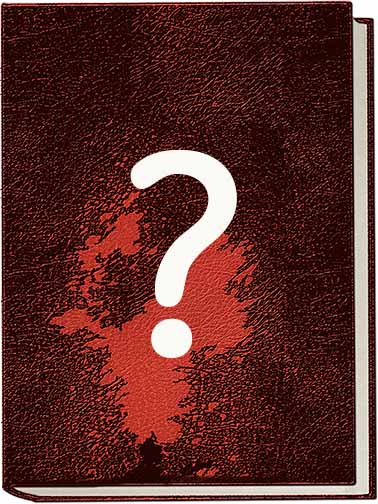Did you know that between 1998 and 2016, the cost of college textbooks increased 181%? That’s almost 4 times as much as all other consumer products during that same time period. The average Clermont College student should have budgeted $1500.00 for course materials in 2017-18. As a result, students may resort to delayed purchasing of a textbook, purchasing an older version, sharing a textbook, or never purchasing it at all.
So, what can we do to help with the burden of high textbook costs and ensure students have access to course information beginning the first day of a course?
Consider adopting an open textbook!
Open textbooks are free for students to use in electronic formats. Some are also available to order in print for a low cost. In addition, these textbooks can be adapted and repurposed by faculty to better align with specific course outcomes.
You might be asking yourself, how does a free textbook measure up to more expensive, traditional textbooks? It turns out, pretty well! A recent study showed that the use of open textbooks and open educational resources led to improved grades and decreased DFW rates for all students, with the most dramatic improvements occurring for at-risk populations.
Curious to learn more?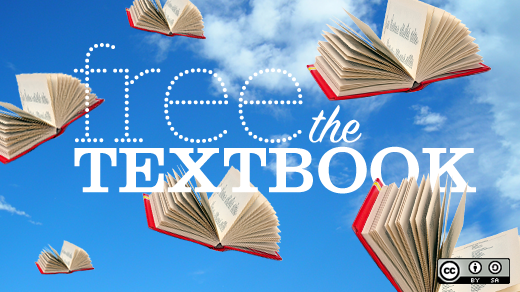
Check out the Open Educational Resources at Clermont library guide or consider speaking with a fellow faculty member. A number of Clermont College faculty have already adopted open textbooks. Dr. Noah MacKenzie, Associate Professor of Psychology, adopted an open textbook for the fall semester of 2018 and shared that, “student feedback has been overwhelmingly positive.” Assistant Professor Educator Carolyn Goodman surveyed her students and the results were all positive. Students appreciated that the language in the book was appropriate for their level and that they didn’t have to purchase a book. The academic results are impressive as well with 88% of her students showing mastery in early October.
Ready to explore open textbooks in your area?
Your liaison librarian would be happy to help you identify or adapt a textbook that will work for your class. If you aren’t ready to adopt an open textbook, but are interested in exploring other open educational resources, we can help with that as well.
Any questions? Let us know how we can help!
Heather Mitchell-Botts
Instruction Librarian
photo from: https://opensource.com/education/13/2/boundless-free-alternative-textbooks
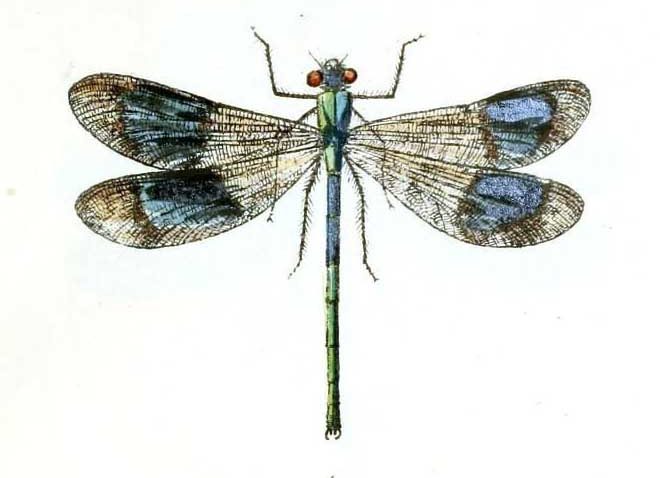

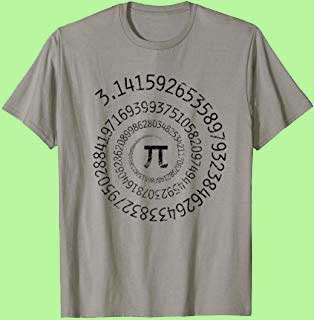
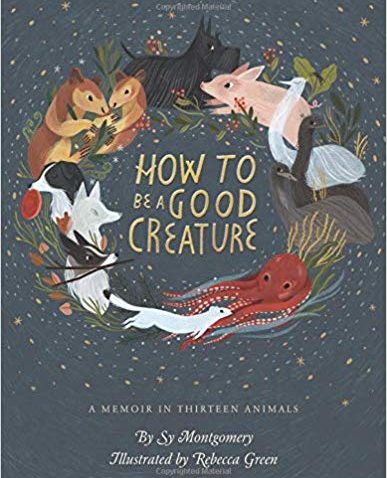
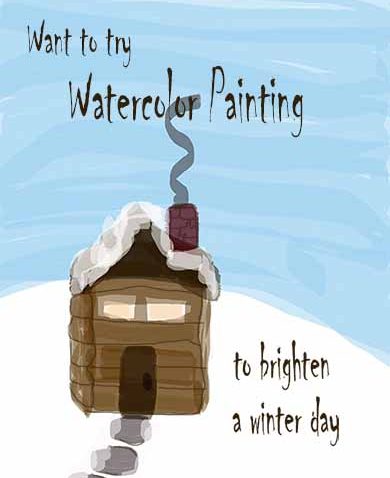

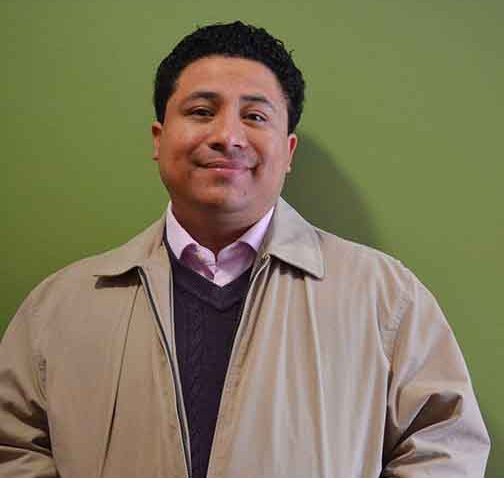 Please join us November 7, 2018 at 2:30 pm for a reading and book signing by
Please join us November 7, 2018 at 2:30 pm for a reading and book signing by 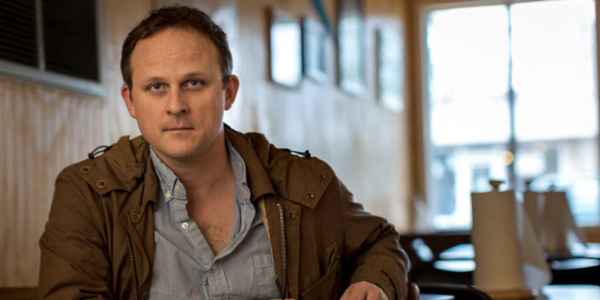 n Evening With John Jeremiah Sullivan on Wednesday, November 14. John Jeremiah Sullivan is a contributing writer for The New York Times Magazine and the southern editor of The Paris Review. He writes for GQ, Harper’s Magazine, and Oxford American, and is the author of Blood Horses and Pulphead.
n Evening With John Jeremiah Sullivan on Wednesday, November 14. John Jeremiah Sullivan is a contributing writer for The New York Times Magazine and the southern editor of The Paris Review. He writes for GQ, Harper’s Magazine, and Oxford American, and is the author of Blood Horses and Pulphead.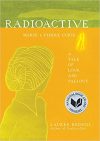
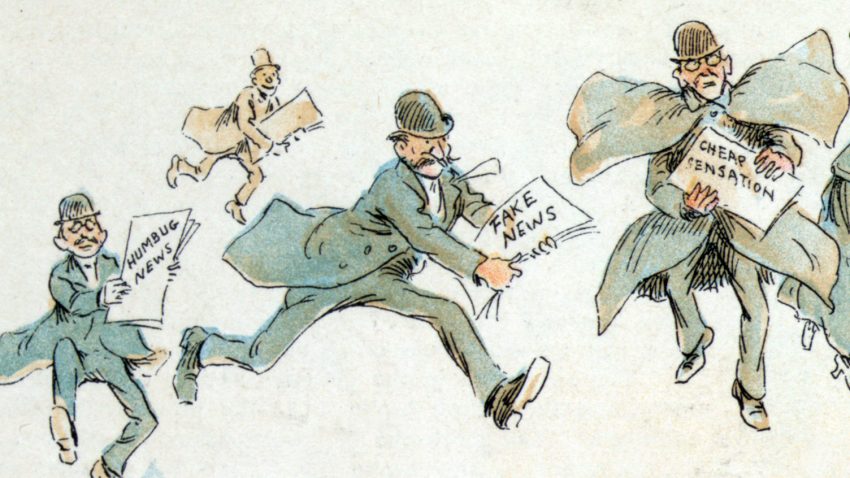 Use the suggestions below to get to the truth.
Use the suggestions below to get to the truth.